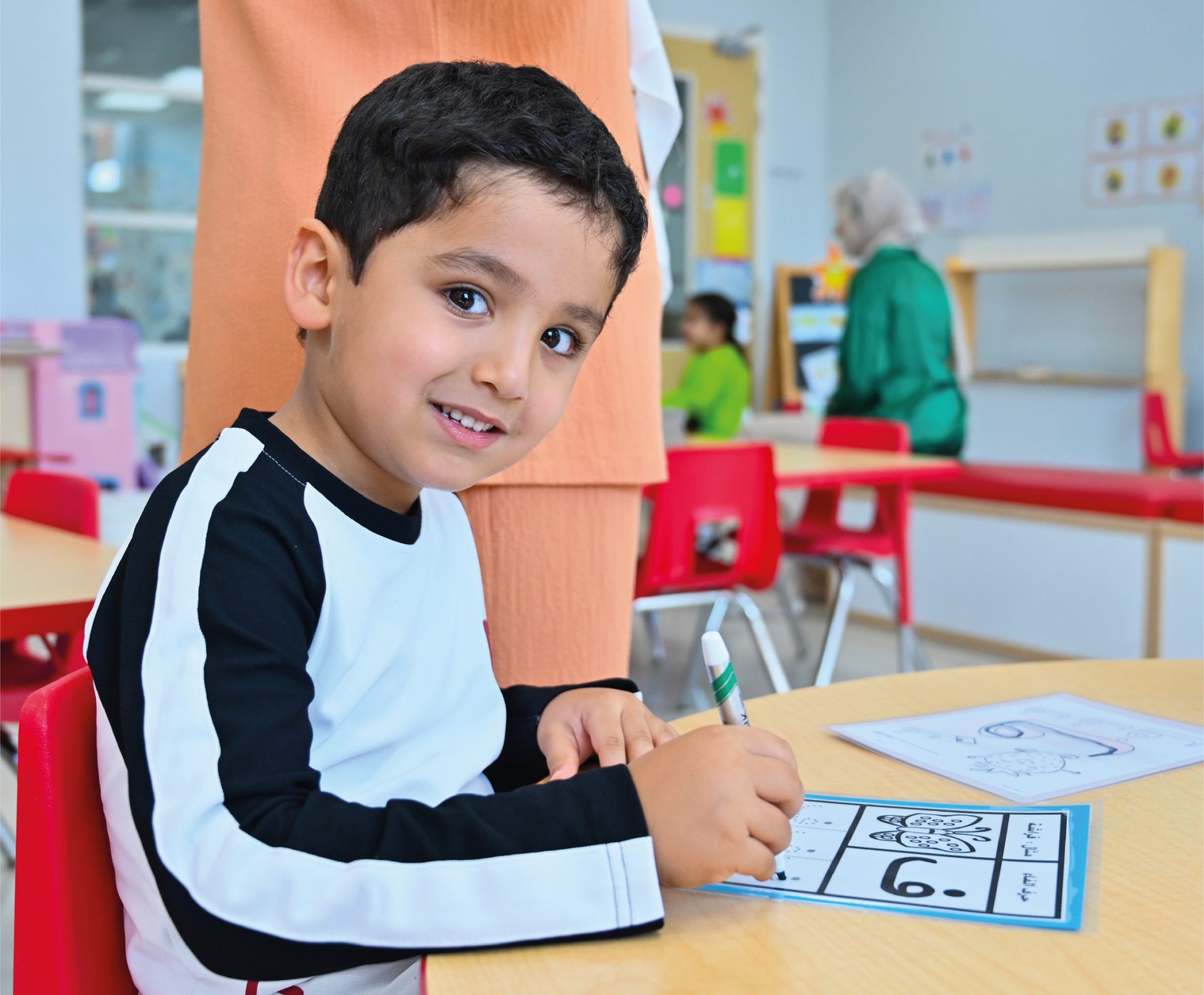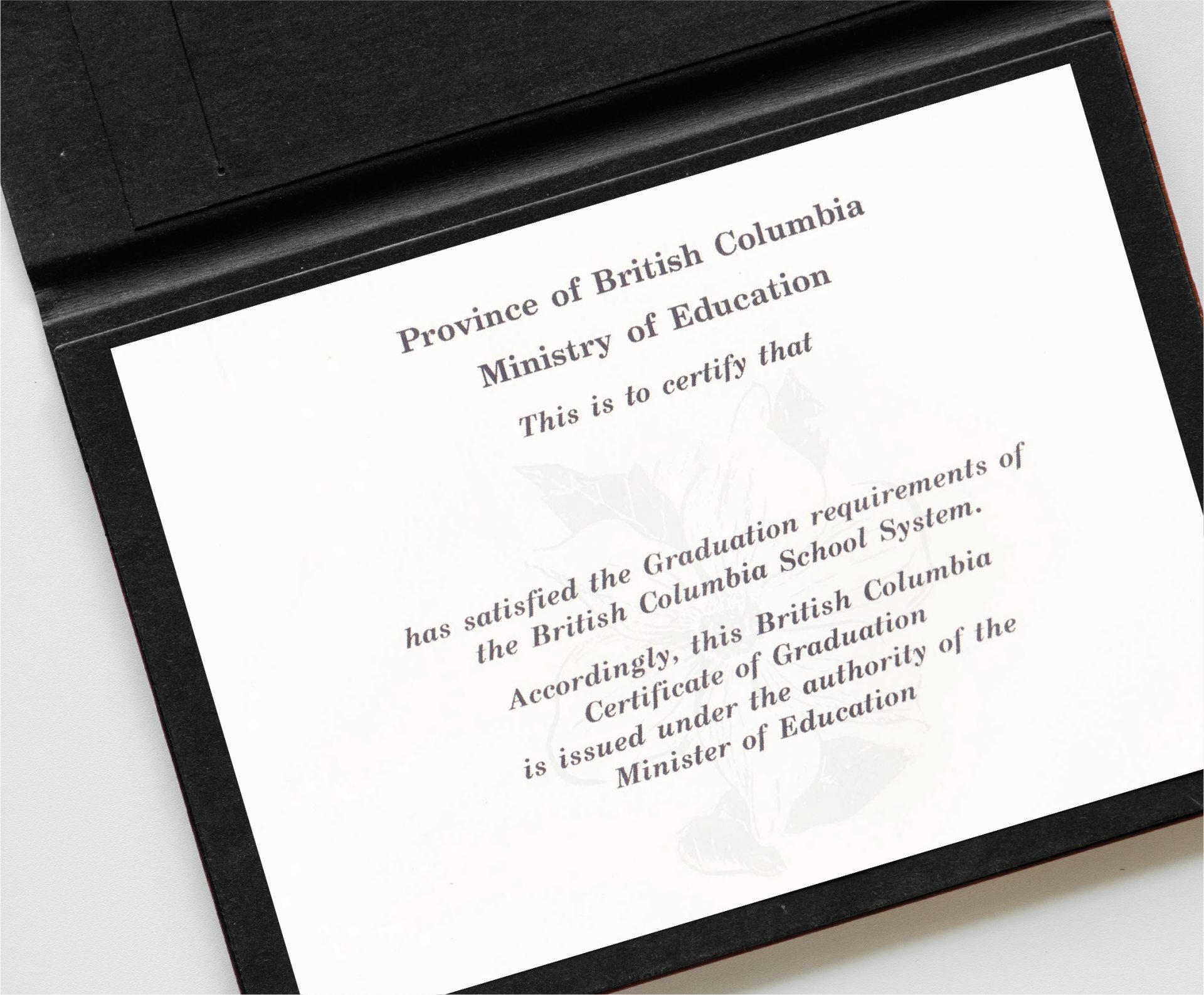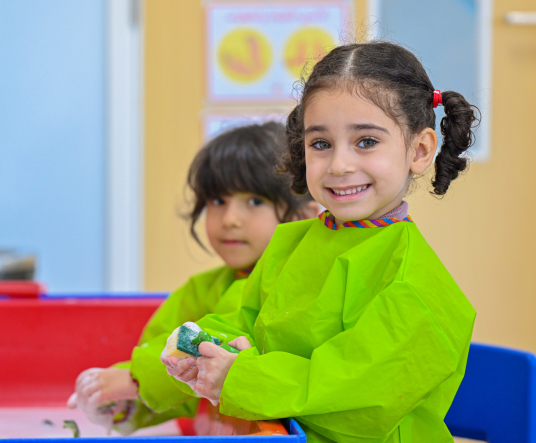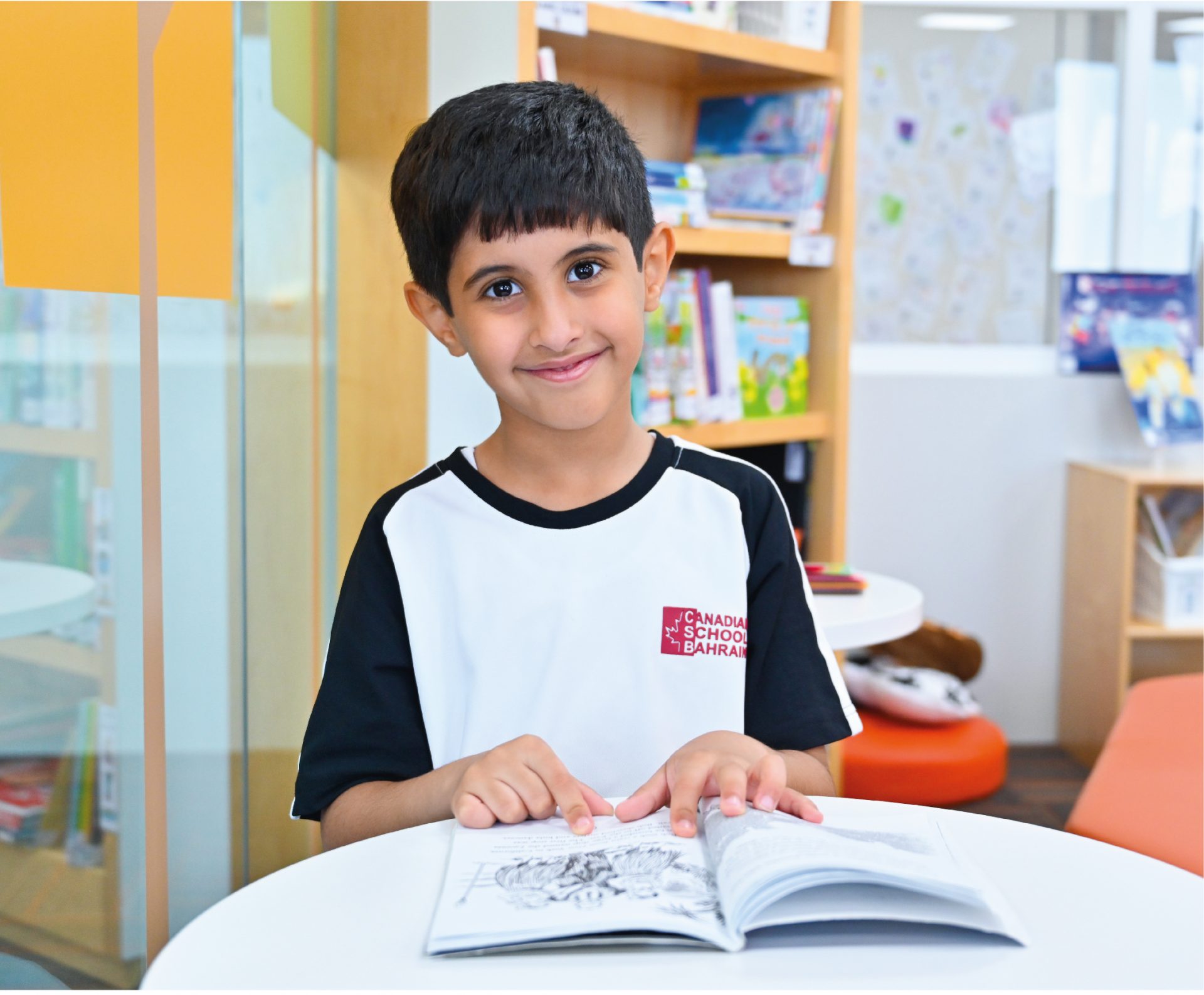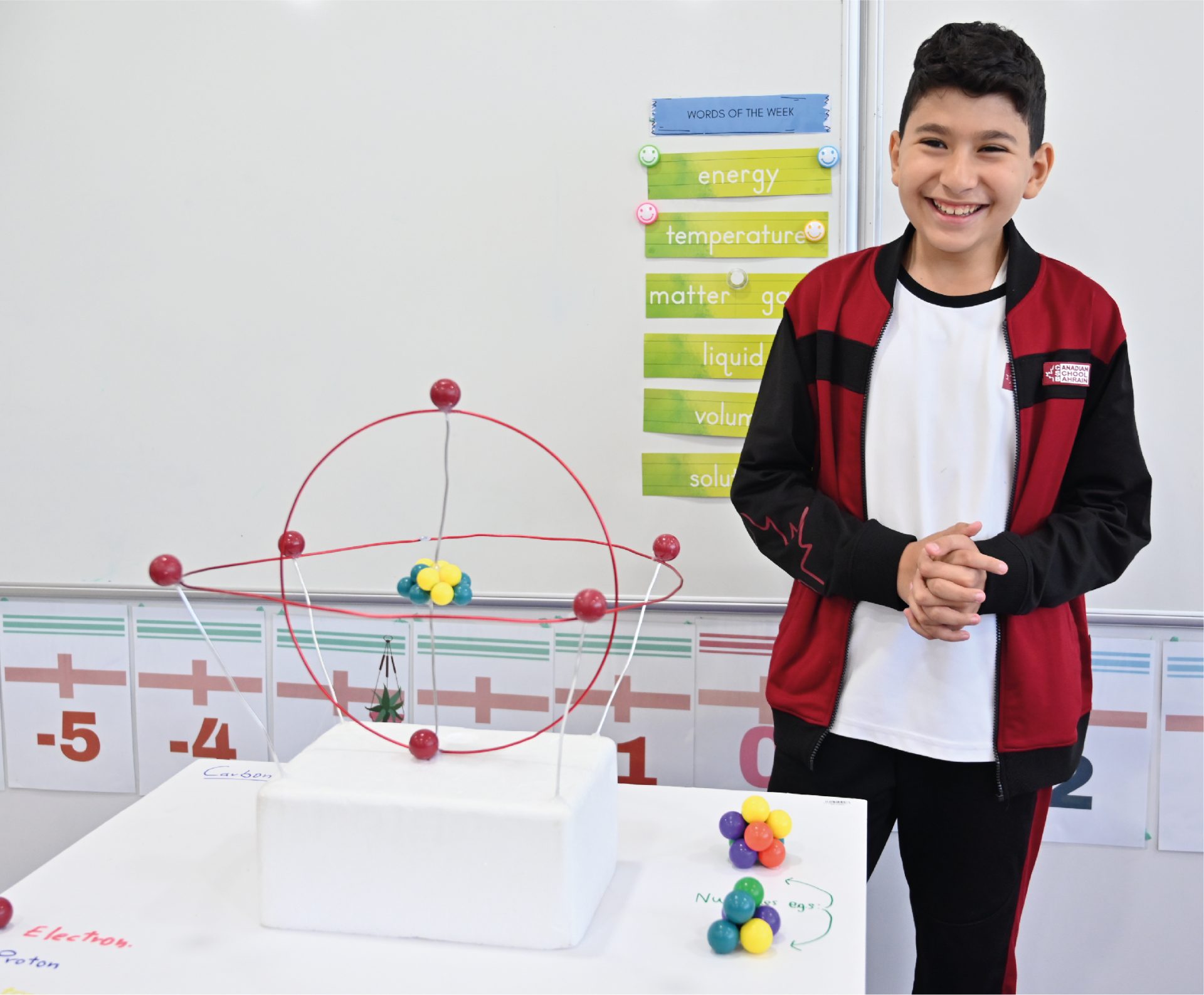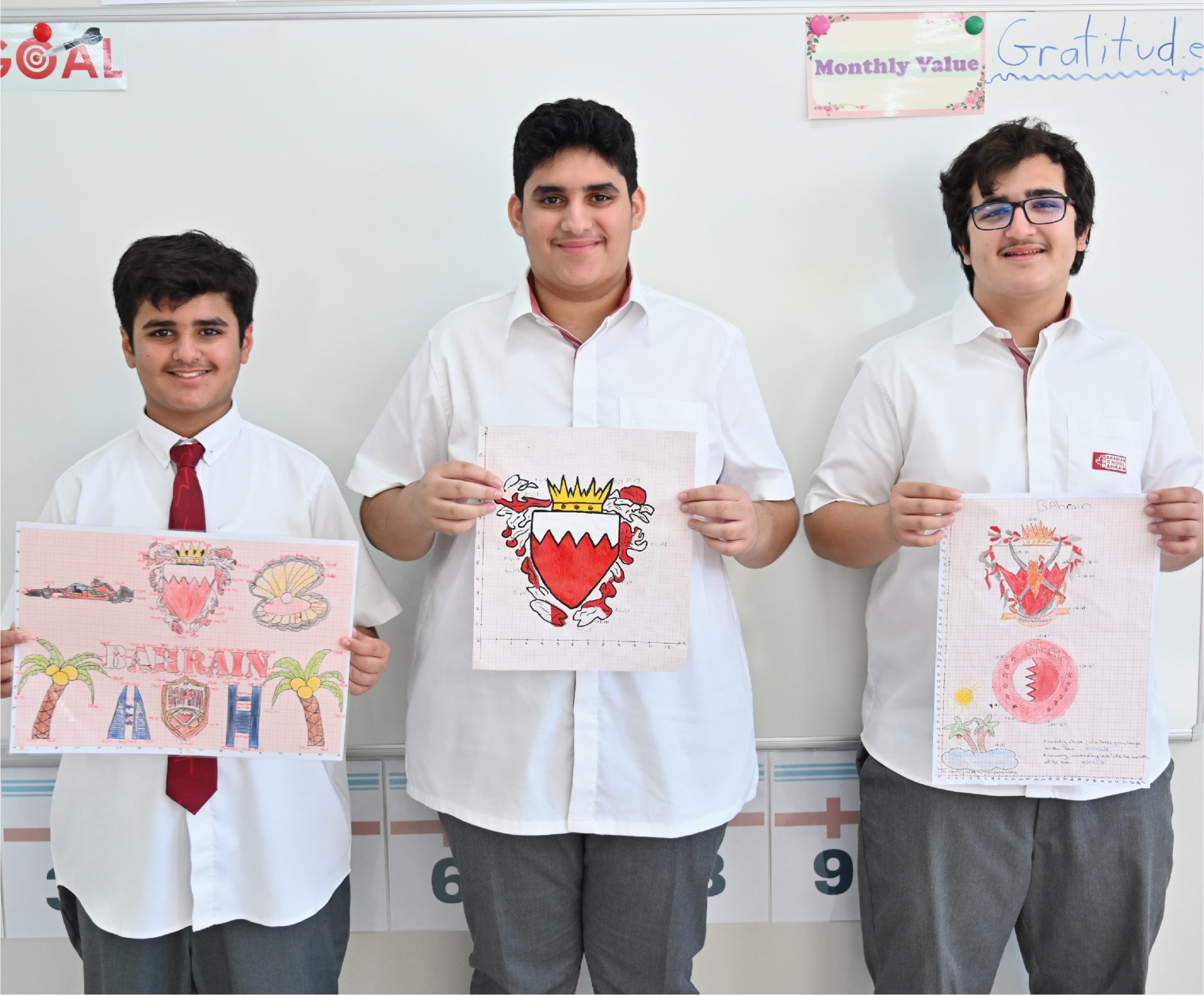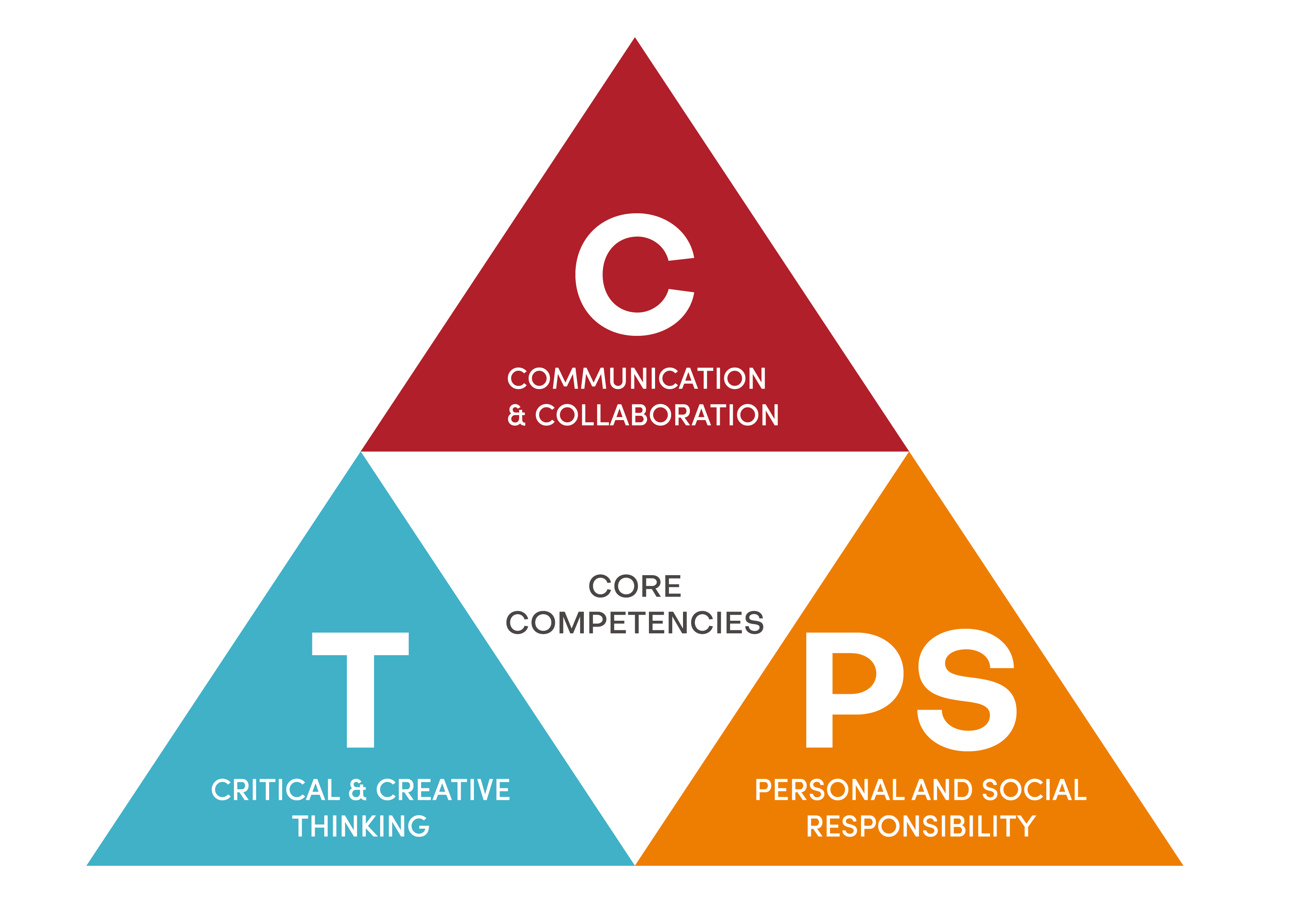
The
Competencies
The Core Competencies are sets of Intellectual, Personal, and Social and Emotional proficiencies that all students need in order to engage in deep, lifelong learning.
Along with literacy and numeracy foundations, the core competencies are central to British Columbia’s K-12 curriculum and assessment system and directly support students in their growth as educated global citizens.
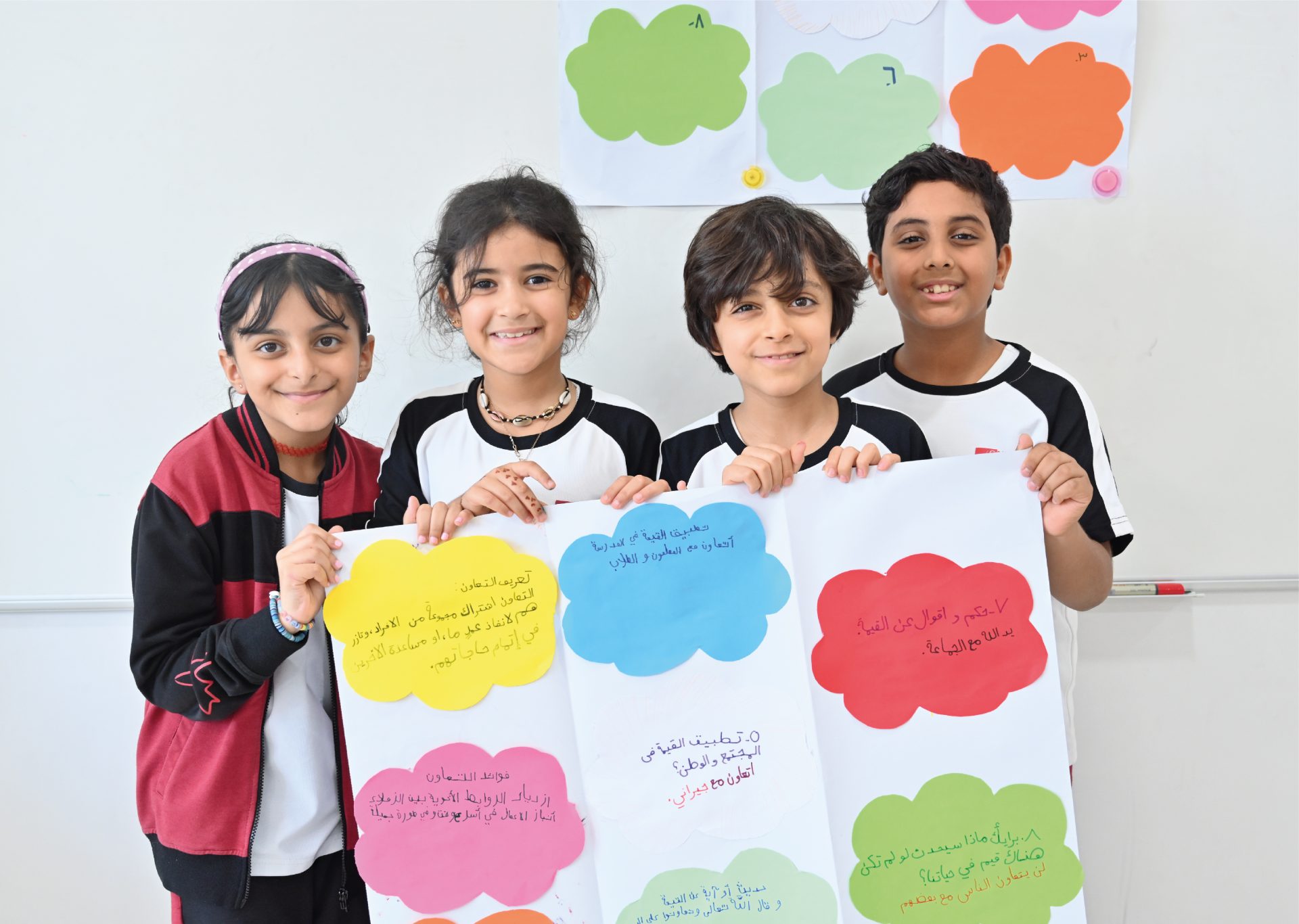
Communication &
Collaboration
The Communication Competency encompasses the knowledge, skills, processes, and dispositions we associate with interactions with others.
Through communication, students acquire, develop and transform ideas and information, and make connections with others to share their ideas, express their individuality, further their learning, and get things done. The communication competency is fundamental to finding satisfaction, purpose, and joy.
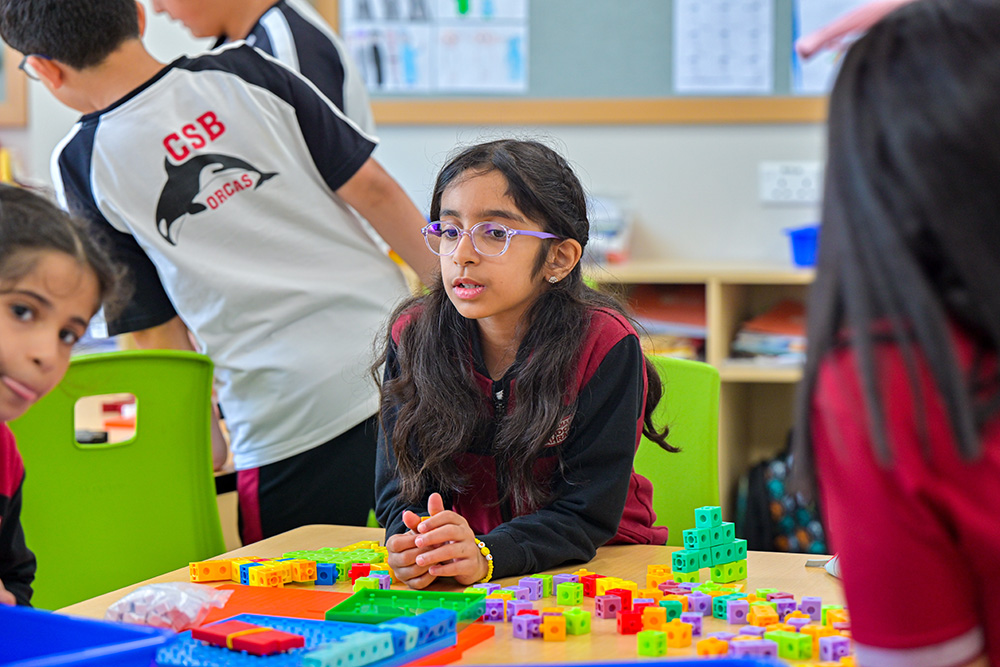
Critical & CREATIVE
THINKING
The Thinking Competency encompasses the knowledge, skills, and processes we associate with intellectual development. It is through their competency as thinkers that students take subject-specific concepts and content and transform them into a new understanding.
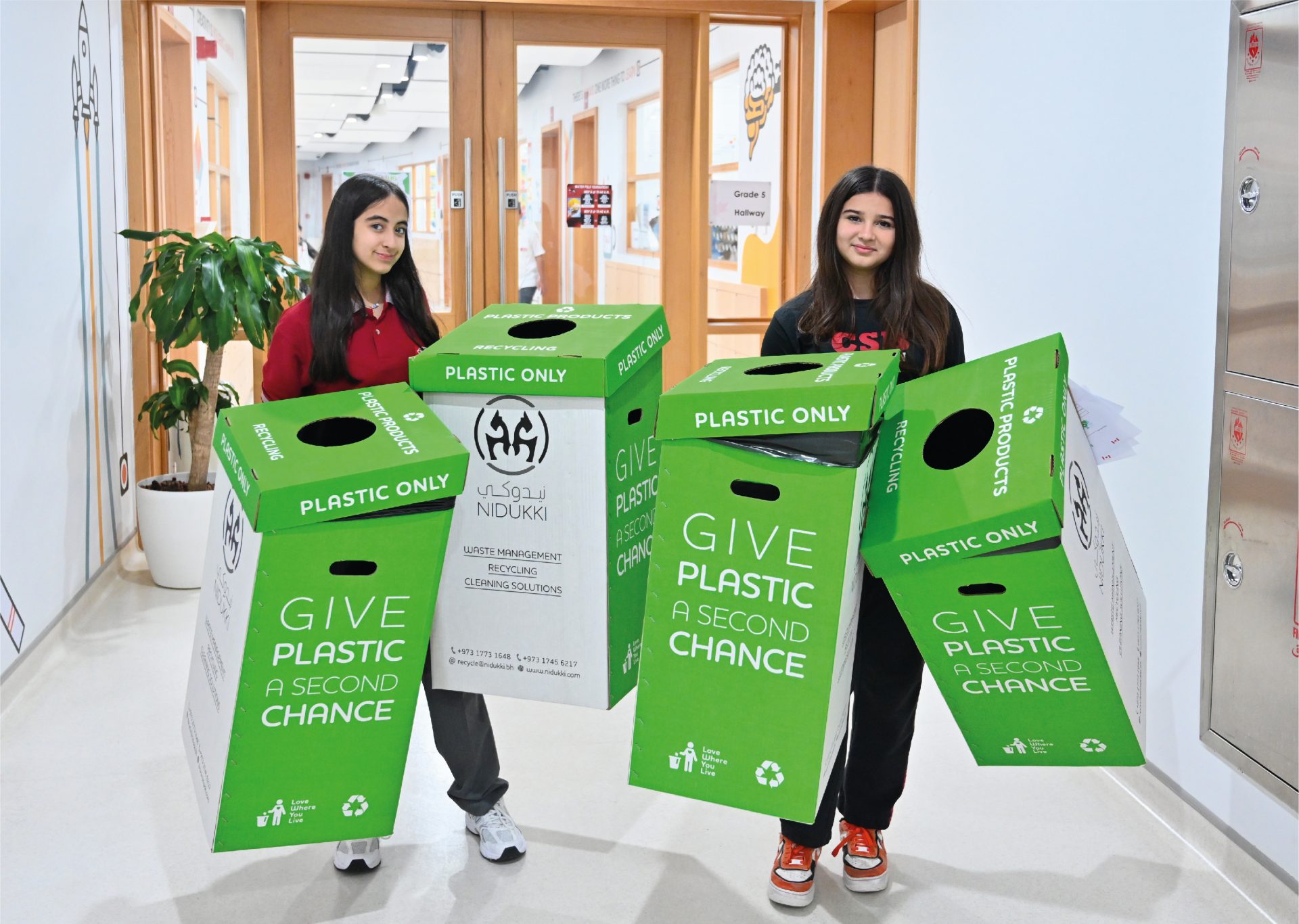
Personal & Social
Responsibility
The personal and social competency encompasses what students need to thrive as individuals, to understand and care about themselves and others, and to find and achieve their purposes in their community and the world.



